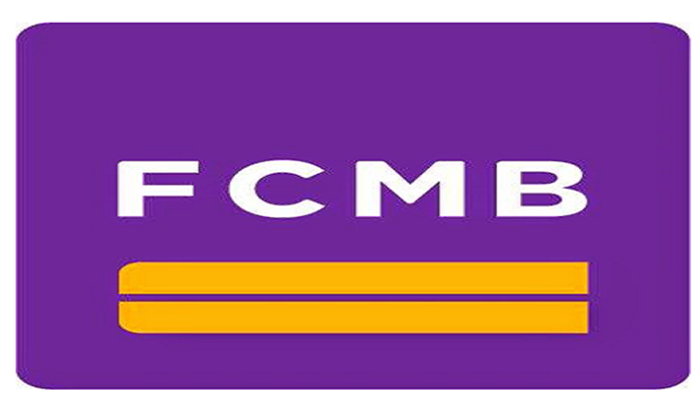29/1/2019/Fitch Ratings
Sukuk issuance in the ten largest markets fell last year following record issuance in 2017, Fitch Ratings says. We do not believe this reflects long-term trends, but it shows how issuance volumes can be influenced by the activity of individual borrowers, notably oil-exporting sovereigns.
Sukuk issuance with a maturity of more than 18 months from the Gulf Cooperation Council (GCC) region, Malaysia, Indonesia, Turkey and Pakistan totalled USD39.8 billion in 2018 – a decline of nearly one-third from the previous year, but in line with the 2012-2016 average.
Last year’s 30% decline in conventional bond issuance suggests that lower sukuk issuance was principally a function of higher oil prices in 9M18, which reduced immediate borrowing needs among some sovereigns and improved liquidity in their banking systems. US monetary tightening has also raised borrowing costs. Sukuk’s share of total issuance was broadly unchanged at 27%.
Debt capital markets in the GCC are relatively immature, and individual sovereign funding decisions can profoundly affect total supply. Most notably, last year, Saudi Arabia raised USD2 billion in new sukuk, having raised USD9 billion in its first international deal in 2017 (the largest ever sukuk). Idiosyncratic factors, such as the embargo of Qatar or Turkey’s currency crisis, can affect regional and international investor appetite for some credits, although both were active in their local currency debt markets in 2018.














